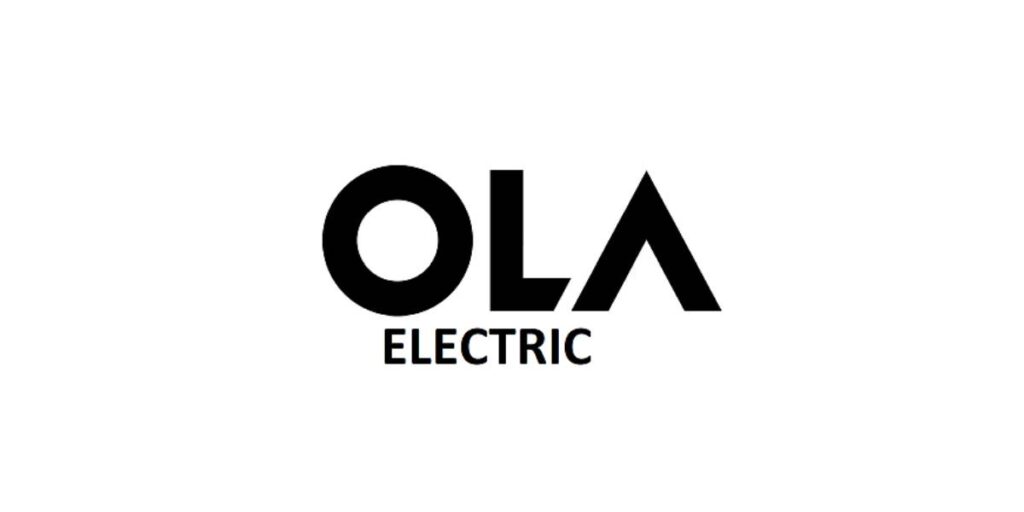
Bengaluru-based electric vehicle (EV) manufacturer Ola Electric is expected to reach EBITDA (Earnings Before Interest, Taxes, Depreciation, and Amortization) breakeven by the fiscal year ending March 2027, according to a recent report by Goldman Sachs.
The report forecasts Ola Electric’s revenue growth to accelerate, with a 2.5 times increase in the current rate, and a fivefold growth in vehicle volume over the next three years. The company’s revenue is expected to see a 40% CAGR (Compound Annual Growth Rate) from FY24 to FY30, implying a breakeven in free cash flow (FCF) by FY30, excluding subsidies.
Goldman Sachs has a “buy” rating for Ola Electric, with a 12-month target price of Rs 160 per share, suggesting a potential 50% upside from its current trading price of Rs 113 per share. The brokerage firm expects Ola Electric’s revenue to increase by over 40% from FY24 to FY27, outpacing competitors such as TVS Motor, Bajaj Auto, and Hero MotoCorp, which are projected to grow by 16%, 19%, and 10%, respectively.
The company’s market share has been steadily increasing, rising from 21% in FY23 to 35% in FY24, and further to 49% in Q1 FY25. However, its market share dropped to 39% in July and 32% in August, with TVS and Bajaj each holding a 19% share, and Ather Energy having a 12% share.
Ola Electric’s products are approximately 18% cheaper on a running cost basis when compared to its EV peers, making it an attractive option for consumers. The company’s preparations to launch a motorcycle and electric three-wheeler (e-rickshaw) in the coming months is expected to intensify the competition in the EV sector, with Ather Energy also gearing up for a public listing and plans to start manufacturing motorcycles.
Key Takeaways:
- Ola Electric expected to reach EBITDA breakeven by FY27
- Revenue growth projected to accelerate with a 2.5 times increase in current rate
- Fivefold growth in vehicle volume expected over the next three years
- Market share increased from 21% in FY23 to 49% in Q1
